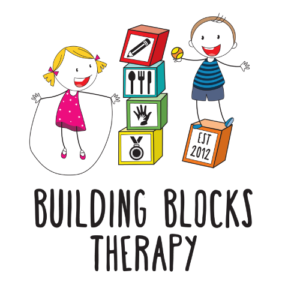Importance of Play in relation to classroom learning:
Play is anything that we do for fun! This could be dress ups, turn taking games, pretend play, constructive play, social play, games with rules etc. Once we start having to work and it is no longer fun, it is no longer play.
For children (including babies) play is academic, it is essential for teaching them lots of different skills that help with their development.
Some skills that play teaches include:
• Turn taking
• Problem solving
• Creativity
• Sharing
• Rules
• Making mistakes
• Negotiating
• Having fun
• Being someone else
• Trying new things
• Numbers
• Story telling
• Motor skills
• Culture
• Experiencing emotions
• Self-regulation
Basically play can teach us everything! Dr. Jed Baker stated “when it is hard to use one’s imagination, it becomes harder to solve new problems, and the likelihood of frustration increases, which may lead to meltdowns”. How do people learn to imagine? Through play!
When we reflect on when we were younger – what are your memories that come to your mind? Is it sitting in the classroom learning letters or sounds of letters or is it playing outside with your friends? What about when you think about the best day of your childhood – was it doing your homework or was it playing with your sibling?
For us to succeed in a school environment is important that we have a range of skills already established – we need to be able to express our needs, negotiate, take turns, wait, organise ourselves, make friends, understand rules, express emotions….and the list goes on.
If we look at what is required specifically for children in Prep, from the Victorian Curriculum we can see how play is essential for children to practice in the early years.
However play is not always easy for children and they need help. Successful play involves processing multiple pieces of information at the same time and sharing our imagination. In therapy sessions we will help build a child’s play skills to help them develop the range of skills mentioned above, it is also more motivating for the child because it is fun.
Lastly, a quote for Alison Gopnick “children are eventually going to learn to recognise letters. But learning how people work and what’s in others’ minds is a much deeper and more profound learning.” Go have fun with your child – adults can play too!!!
If you would like to ask any questions or have any concerns, please consult an Occupational Therapist at Building Blocks Therapy.
Katie Power
Occupational Therapist

